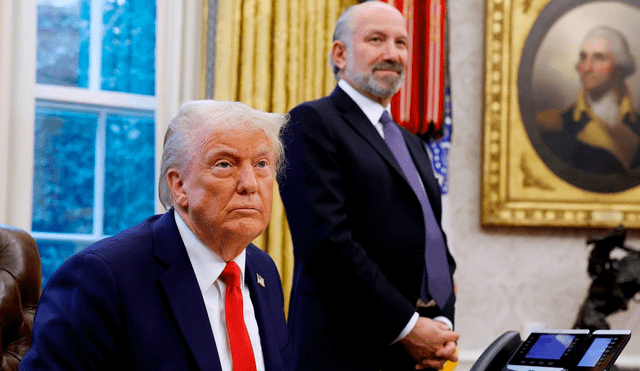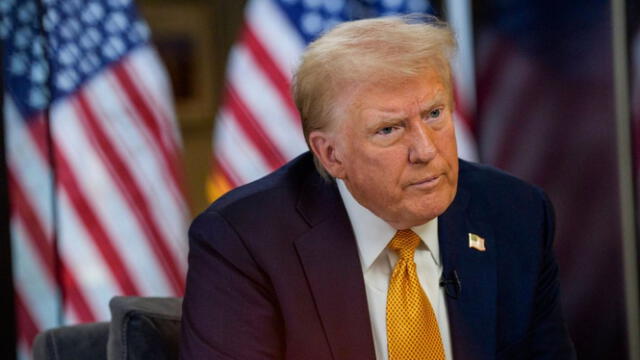Trump signs executive order imposing sanctions on the International Criminal Court
President Donald Trump has announced the signing of an executive order aimed at imposing sanctions on the International Criminal Court (ICC), accusing it of targeting the U.S. and Israel unfairly.

In a move that escalates tensions between the U.S. and international justice bodies, President Donald Trump signed an executive order that sanctions the International Criminal Court (ICC). This action is a response to the ICC's investigation into U.S. citizens and allies, which Trump’s administration claims is unjust. The sanctions will specifically target ICC officials involved in these investigations. Along with financial penalties, visa restrictions will be imposed on these individuals and their families.
The sanctions come after the ICC issued arrest warrants for high-ranking Israeli officials, including Prime Minister Benjamin Netanyahu, over alleged war crimes during military operations in Gaza. The Trump administration has denounced the court’s actions, accusing it of moral equivalence and unfairly scrutinizing Israel and the U.S.
The background of the executive order
The executive order signed by President Trump will implement a series of sanctions targeting the International Criminal Court. This includes freezing the assets of ICC officials and prohibiting them from entering the U.S. if they are found to have assisted in investigations into U.S. citizens or allies. Trump’s administration has long been vocal in opposition to the ICC, arguing that the court oversteps its bounds and undermines the sovereignty of nations like the U.S. and Israel.
The timing of the executive order is significant, coinciding with Israeli Prime Minister Netanyahu's visit to Washington. The administration has made it clear that the ICC’s decision to issue arrest warrants for Israeli leaders, as well as Palestinian officials, was unacceptable. The Trump administration also emphasizes that both the U.S. and Israel maintain their own strong legal systems and should not be subjected to external international judgments.
Bipartisan backlash and international reactions
The decision to impose sanctions on the ICC has sparked criticism across political lines. While the U.S. has consistently rejected the court’s jurisdiction, some Democrats have questioned whether this move undermines international efforts to prosecute human rights violations. Despite this, the Trump administration's stance on the ICC has remained firm, asserting that the court's jurisdiction is non-existent in U.S. territory.

Trump challenges the ICC with executive actions, asserting his position on international law. Photo: LR Composition
The ICC, based in The Hague, Netherlands, is designed to act as a court of last resort for investigating and prosecuting war crimes, genocide, and crimes against humanity. However, with the U.S. and Israel not being signatories to the Rome Statute—the treaty that established the ICC—many see the sanctions as an effort to assert dominance over international legal proceedings. The actions of the Trump administration mark a clear defiance of the court's authority and highlight the growing divide between the U.S. and international legal bodies.
The Impact on U.S. Foreign Relations and Global Justice
This executive order is more than just a response to a specific ICC case—it signals a broader approach to how the U.S. will handle international legal challenges in the future. With both the U.S. and Israel not recognizing the ICC's jurisdiction, the global community may see a further strain in international justice and diplomacy. The Trump administration is sending a strong message that it will not tolerate what it perceives as overreach by international courts, a sentiment that could resonate in future international negotiations.
